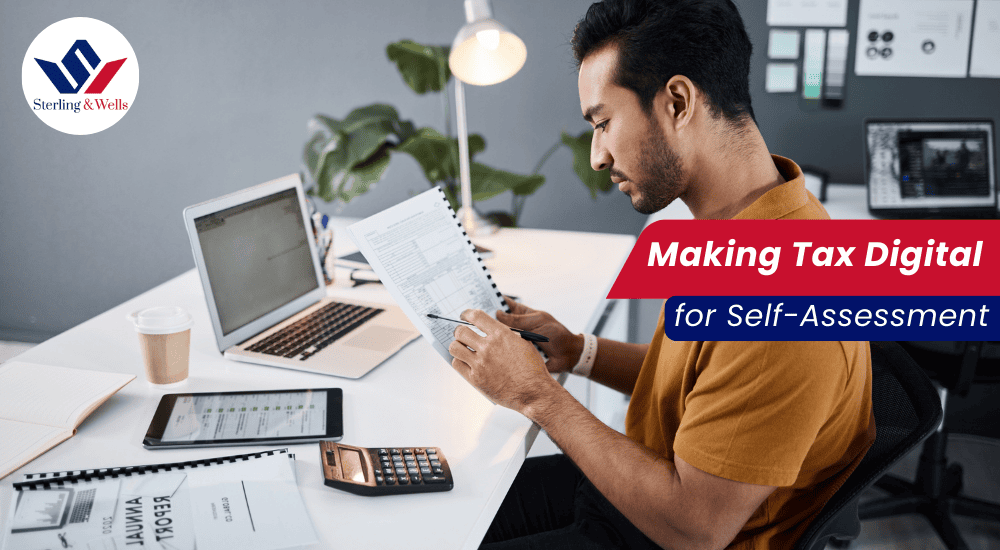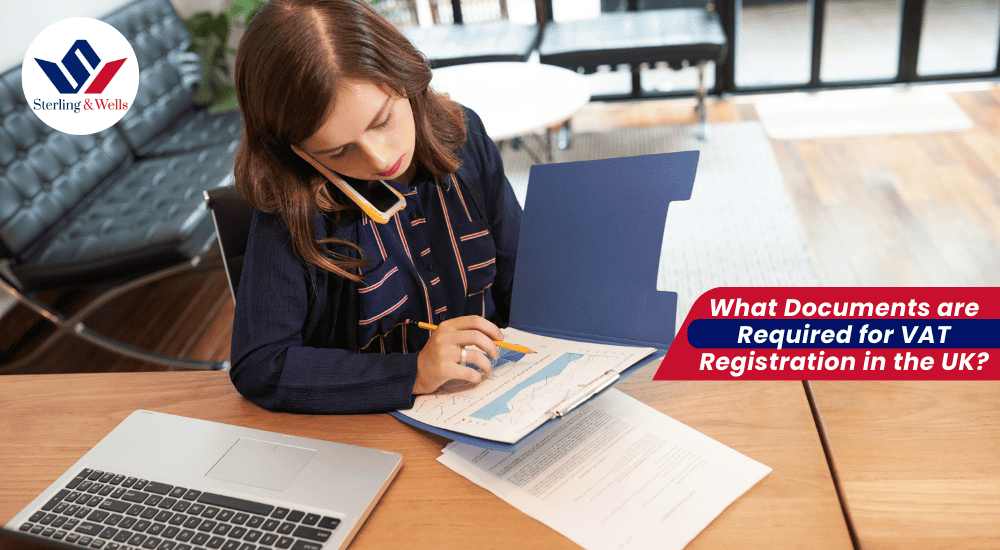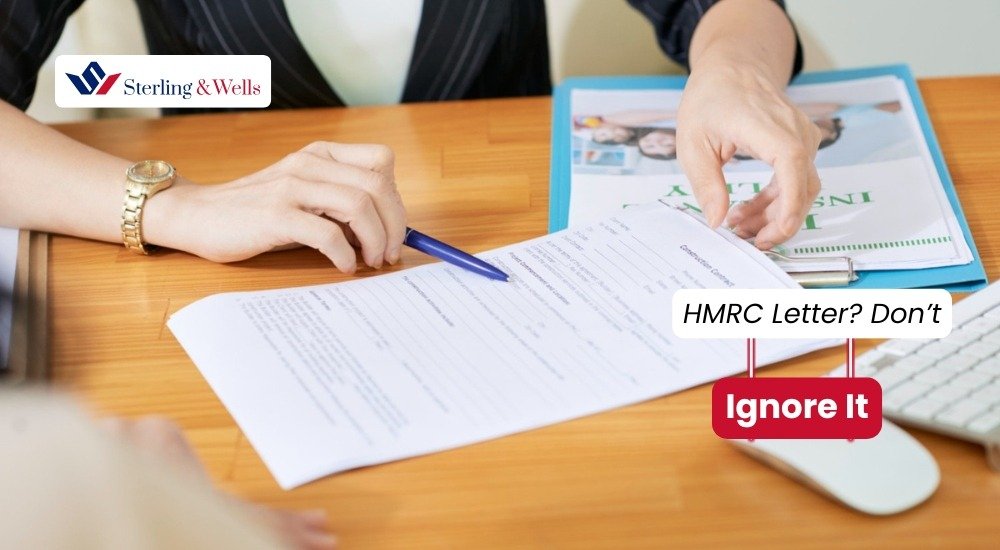Across the UK, many people are turning to platforms such as Vinted, Etsy, and eBay to make extra money. For some UK sellers, this means clearing out unwanted items, while others use these sites as a side hustle or small business venture. But those earning more than £1,000 from online trading or carrying out over 30 transactions each year now face closer scrutiny from HMRC.
Since the beginning of 2025, digital platforms have been required to share sales data with HMRC. This information helps identify individuals who may have exceeded their trading allowance and need to declare additional income. While this does not automatically mean a tax bill, it ensures HMRC can cross-check sales against tax records to spot any gaps.
Who Falls Under the Rules?
Not every online seller will be affected. Selling personal belongings at a loss — for example, second-hand clothes for less than the purchase price — does not create a taxable income. However, there are clear categories where a tax obligation does apply. These include individuals who buy items with the intention of reselling them, those who create goods to sell at a profit, and people offering services through online platforms.
If income from these activities exceeds £1,000 in a tax year before expenses are deducted, HMRC requires the seller to complete a Self-Assessment tax return. This system is designed to capture income not already taxed through PAYE, which typically covers salaries and pensions.
The October 5 Deadline
A key date for those new to Self-Assessment is October 5. Anyone who has not previously submitted a tax return but needs to do so for the 2024/25 tax year must inform HMRC by this deadline. Missing it can lead to penalties, increased scrutiny, and even the risk of a formal investigation.
HMRC has already begun issuing reminder letters to individuals flagged by platform data. While some may dismiss these as general warnings, ignoring them can escalate matters. Further checks could be carried out, with the possibility of financial penalties or, in more serious cases, criminal investigation.
Importance of Record-Keeping
One of the main challenges for casual sellers is keeping accurate records of their online activity. Sales figures, receipts, and invoices should be stored carefully. Beyond this, expenses such as postage, packaging, and courier charges should also be noted, as they can often be deducted from taxable income.
Proper records not only help sellers meet HMRC requirements but may also reduce the amount of tax owed. For those who operate more like small businesses, maintaining clear accounts is also a safeguard should HMRC request further details about their income. Having a proper ecommerce accounting system in place ensures that you remain on the right side of the law.
What Platforms Say
Digital platforms themselves have reminded users that sharing sales data with HMRC does not automatically mean a tax bill. For example, if a seller makes less money from sales than they originally spent on the items, they will not owe tax. However, the reporting rules mean platforms are obliged to provide sales information, leaving it to HMRC to decide whether action is needed.
This ensures transparency and reduces the chance of sellers underestimating how much they need to declare. The message is clear: it is up to individuals to understand the rules and act accordingly.
Key Takeaway: Increasing Scrutiny of Side Hustles
The growing popularity of side hustles means HMRC is paying closer attention to digital income. By tightening reporting requirements, the tax authority is making it harder for undeclared earnings to go unnoticed. For those earning just a small amount of extra cash, the rules may have little impact. But anyone treating platforms such as Vinted, Etsy, or eBay as a regular source of income must prepare to comply. With the October 5 deadline fast approaching, now is the time for sellers to review their records and ensure they are not caught out.






